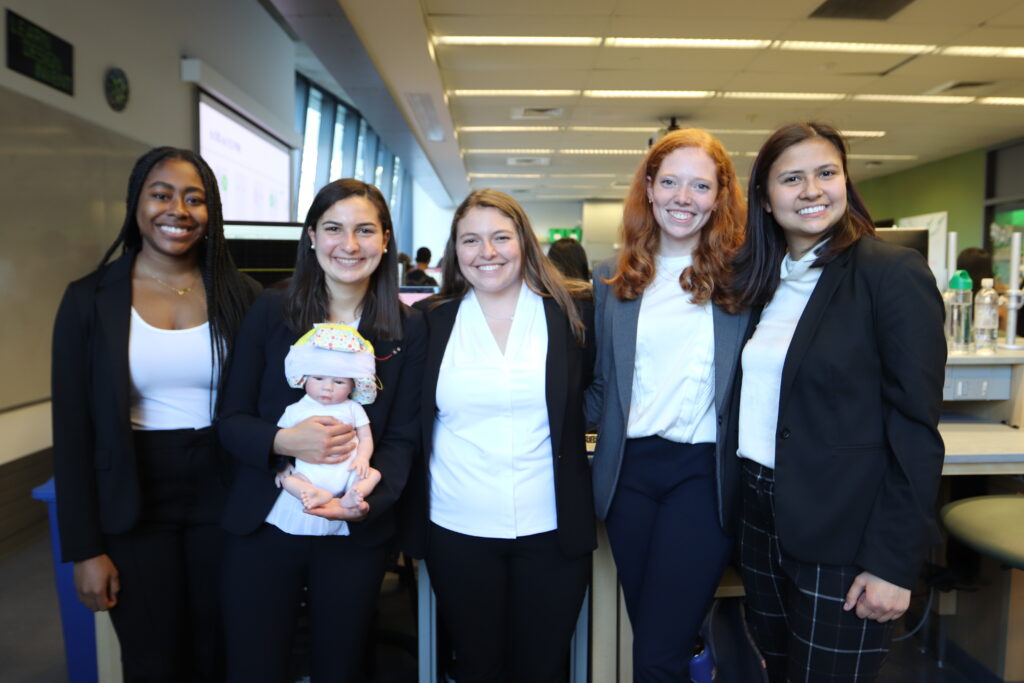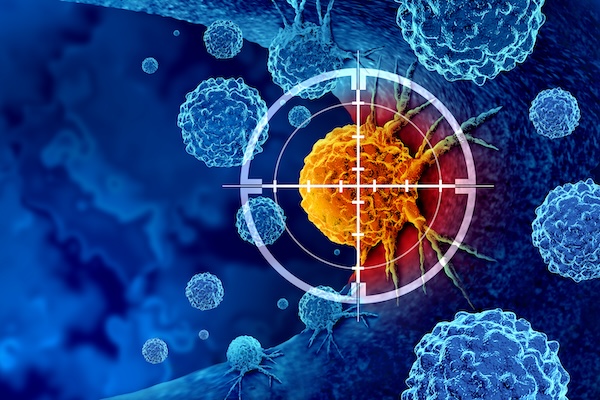
In April 2023, three President’s Prize-winning teams were selected from an application pool of 76 to develop post-graduation projects that make a positive, lasting difference in the world. Each project received $100,000 and a $50,000 living stipend per team member.
The winning projects include Sonura, the winner of the President’s Innovation Prize (PIP), who are working to improve infant development by reducing harsh noise exposure in neonatal intensive care units. To accomplish this, they’ve developed a noise-shielding beanie that can also relay audio messages from parents.
Sonura, a bioengineering quintet, developed a beanie that shields newborns from the harsh noise environments present in neonatal intensive care units (NICUs)—a known threat to infant wellbeing—and also supports cognitive development by relaying audio messages from their parents.
Since graduating from the School of Engineering and Applied Science, the team of Tifara Boyce, Gabriela Cano, Gabriella Daltoso, Sophie Ishiwari, and Caroline Magro, has collaborated with more than 50 NICU teams nationwide. They have been helped by the Intensive Care Nursery (ICN) at the Hospital of the University of Pennsylvania (HUP), which shares Sonura’s goal of reducing NICU noise. “Infant development is at the center of all activities within the HUP ICN,” note Daltoso and Ishiwari. “Even at the most granular level, like how each trash can has a sign urging you to shut it quietly, commitment to care is evident, a core tenet we strive to embody as we continue to grow.”
An initial challenge for the team was the inability to access the NICU, crucial for understanding how the beanie integrates with existing workflows. Collaboration with the HUP clinical team was key, as feedback from a range of NICU professionals has helped them refine their prototype.
In the past year, the team has participated in the University of Toronto’s Creative Destruction Lab and the Venture Initiation Program at Penn’s Venture Lab, and received funding from the Pennsylvania Pediatric Device Consortium. “These experiences have greatly expanded our perspective,” Cano says.
With regular communication with mentors from Penn Engineering and physicians from HUP, Children’s Hospital of Philadelphia, and other institutes, Sonura is looking ahead as they approach the milestone of completing the FDA’s regulatory clearance process within the year. They will begin piloting their beanie with the backing of NICU teams, further contributing to neonatal care.
Read the full story and watch a video about Sonura’s progress in Penn Today.
Read more stories featuring Sonura in the BE Blog.


